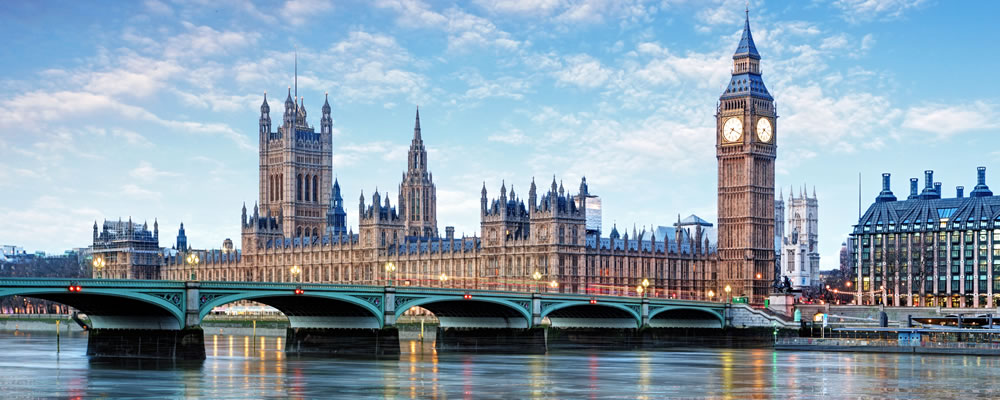Pound Sterling Euro (GBP/EUR) Exchange Rate Edges Higher as Sunak Pledges £30 Billion
The Pound Sterling Euro (GBP/EUR) exchange rate edged 0.3% higher on Thursday morning. This left the pairing trading at around €1.1152.
The Pound was able to benefit from the upswing in risk appetite and a weaker US Dollar (USD), although lingering worries about the coronavirus crisis limited gains.
Meanwhile, Sterling clung to earlier gains after British Finance Minister, Rishi Sunak pledged £30 billion to stem a potential employment crisis.
Speaking to parliament on Wednesday, Sunak said:
‘I want every person in this House and in the country to know that I will never accept unemployment as an unavoidable outcome.’
Meanwhile, on Thursday the chancellor also noted that it was too early to tell how quickly the UK will recover after falling into a recession.
When asked about the outlook for the economy earlier today, Rishi Sunak said:
‘It’s too early to tell […] we won’t know the exact shape of [the] recovery for a little while.
‘I am absolutely anxious about the state of the economy. We are […] entering into a very significant recession, we know that that is happening.’
Euro (EUR) Slides as German Exports Disappoint
Meanwhile, the single currency struggled to make gains against the Pound after data revealed German exports did not rise as high as expected.
While May’s German exports rebounded as demand picked up as lockdown measures were eased, this was still far below forecasts.
ING economist, Carsten Brzeski noted:
‘Looking ahead, while April was the worst month ever in terms of most economic data releases, the month of May has been one of the best months ever.
‘However, it will need a couple of these ‘best month evers’ to bring the economy back to its pre-crisis level. Particularly the divergence between domestic and external demand is remarkable.’
Exports rose by 9% following a dire -24% slump just a month earlier, while May’s imports edged up by 3.5% following a 16.6% fall. This suggested that consumption in the Eurozone’s biggest economy remained weak.
Economists had largely expected a much stronger rebound in both German imports and exports, leaving the single currency under pressure.
In a note, Alexander Krueger of Bankhaus Lampe KG wrote:
‘All beginnings are difficult: The rise in exports is no reason to celebrate. The road to past capacity levels is long and depends strongly on the revival of international demand.’
The recent data shows that Germany’s export-reliant manufacturers are left in a recession. The German government wants to boost consumption by lowering rates of value-added tax in the second half of 2020 and one-off stipends for parents.
Carsten Brzeski, ING economist also noted that adding exports to Asia had helped Germany recover from the previous financial crisis. He noted:
‘In past recoveries, the German economy could always count on exports to kick-start the recovery.
‘This time around, the economy will have to look to something other than exports to stimulate growth.
‘If it succeeds, Covid-19 could have been an important driver in finally getting a more balanced growth model of the German economy.’
Pound Euro Outlook: French and Italian Industrial Production in Focus
Looking ahead to Friday, the Euro (EUR) could claw back some losses against the Pound (GBP) following the release of upbeat data from France.
If France’s industrial production rebounds in May, it will offer the single currency an upswing of support.
Meanwhile, further upbeat data from Italy could also push the Euro higher at the end of the week.
If Italy’s industrial production follows France’s lead and rebounds more than expected, it will send the Pound Euro (GBP/EUR) exchange rate lower.



